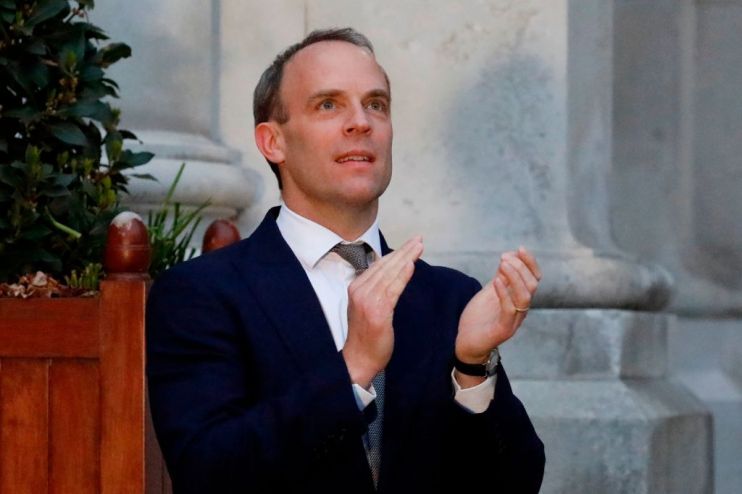With its own Magnitsky Act, Britain can make it clear that international wrongdoers are not welcome here

The new government sanctions regime, which has seen restrictions imposed on around 50 individuals accused of orchestrating human rights abuses, is a major step in Britain’s post-Brexit place in the world.
Dubbed the “Magnitsky Act”, after the Moscow lawyer murdered after uncovering a massive tax fraud, this approach allows the UK to pursue a new and aggressive line against wrongdoers.
Such sanctions are designed to punish and restrict those who are heavily involved in crimes but cannot be held to account as they are supported by their own countries. Inclusion on the list bars such individuals from travelling to the UK or having financial dealings here, whether personally or through intermediaries. It helps to combat profiteering from illicit activities and prevents them from travelling around the world.
Previously, the UK took part only in the EU and UN sanctions regime. The purpose was the same: to deny those involved in wrongdoing the ability to travel to and do business in the rest of the world. The international process was, however, slow and cumbersome, and could be frustrated by nations with closer ties to those regimes we wanted to punish. Though there was nothing stopping an independent regime while Britain was in the EU, the need to create our own post-Brexit international strategy has spurred on this aggressive change.
By calling its own shots, Britain becomes able to unilaterally impose restrictions. This may usher in a more robust approach to human rights abuses committed by politically powerful regimes. Moreover, as London is both a critical financial centre and an attractive place of residence for the internationally influential, sanctions here can bite hard. Combined with the UK’s Unexplained Wealth Orders, which can be used to seize appropriated assets, the new sanctions regime makes this country an unwelcoming place for international criminals.
In the first list of names to be added, Britain has taken aim at a number of high-profile abuses. Around half of the list are Russians suspected of involvement in the murder of Magnitsky and the tax fraud that led to it, many of them close to Vladimir Putin. Some 20 Saudis linked to the murder of journalist Jamal Khashoggi have also been included, with the remainder of the list tied to human rights abuses in Myanmar and North Korea. This is a clear sign that the UK is unafraid of standing up to powerful nations and has genuine concern for human rights abuses.
The move also perhaps marks a pivot towards cooperation across the Anglosphere. Both the US and Canada have already developed comprehensive Magnitsky Laws, and Australia is seriously considering the same. For those who hope for greater cooperation between the major nations of the English-speaking world, this could be a prominent plank.
The next test will be to see how widely the scheme is expanded. London has become a destination of choice for both the money and families of many connected with international criminality. The names on the list so far represent a small portion of those involved, and so far, it ignores issues like Chinese persecution of Uyghurs and repression in Hong Kong.
The West End is replete with the cavernous homes and shiny supercars of those adjacent to and complicit in some of the world’s worst regimes. Britain has given itself the tools to tackle these acolytes. Hopefully the political will to pursue them will remain.
Main image credit: Getty
